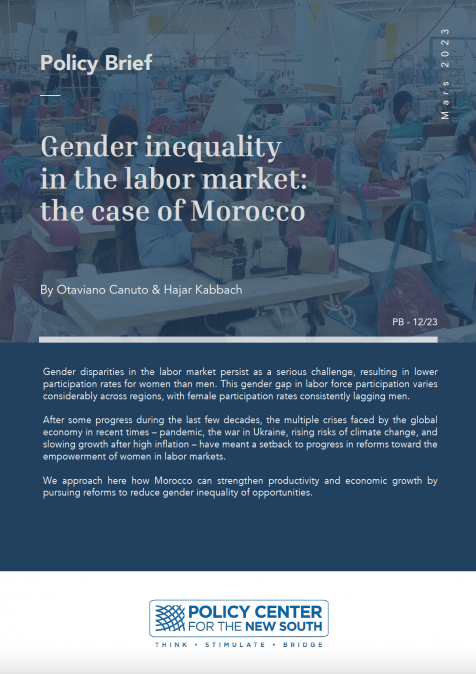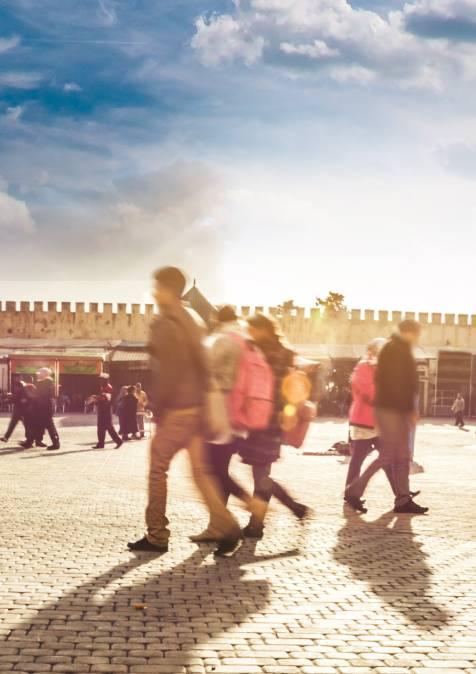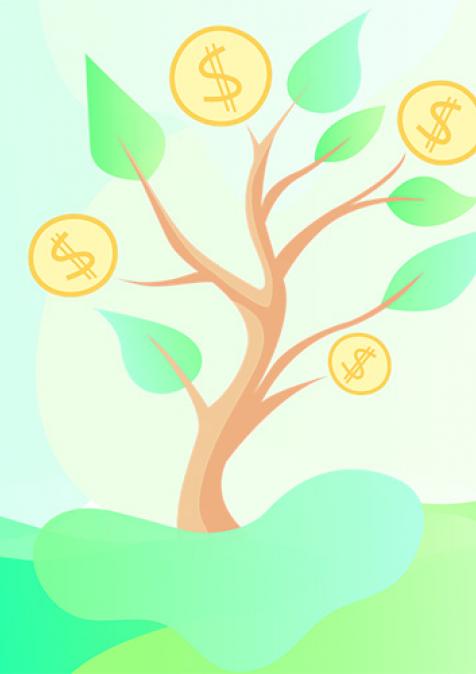Publications /
Opinion
The Coronavirus’ ugly and fierce spread throughout the world underscores the limitations of health infrastructure and shortcomings in public health administration. What’s more troubling, is the pandemic’s especially pernicious effects on vulnerable populations in the United States—ethnic and racial minorities, disabled persons, women, the elderly, and impoverished communities. The virus knows no boundaries and, yet, structural inequality makes it all the more terrifying for marginalized groups.
The United States—A Global Leader?
The virus’ unbiased rates of infection and slaughter of tens of thousands of Americans demonstrates severe lapses in accountable governance, especially at the national level. In the face of so much death globally, the U.S. government has the audacity to snub the World Health Organization and even ignore international efforts to bolster recovery and prevent further infection. It is clear however, from past pandemic efforts like Ebola and H1N1, global cooperation is essential to break the spread and save lives.
With the death toll well above 40,000, and unfortunately increasingly daily, many now akin the U.S. government to a failed state. Although the United States has positioned itself as a global leader—in democratic governance, human rights, economic growth, etc—the Coronavirus’ continued devastation reveals the cracks in this less than perfect union. Before 2020, however, structural inequality and systemic discrimination contributed to the gross suffering and oppression of millions of minorities in America.
Devastating Effects on Communities of Color
For underrepresented minorities, longstanding issues like access to health services, financial stability, job security, or public education, were only worsened by the current global pandemic. In April 2019, for instance, data showed higher unemployment rates for African Americans at 6.7%, compared to national averages at 3.6%. Furthermore, research in 2016 underscored higher poverty rates among women of color while the median wealth among White Americans was $146,984, compared to just $3,557 and $6,591 for Latino and African American communities respectively.
Similar to employment and wealth inequality, new findings show that African Americans are less likely to have health insurance, are underinsured, and their average yearly healthcare expenditures amount to more than 20% of their income. When finances are limited, individuals have less options to stay healthy or access primary care facilities—the social determinants of health impact the population in the most insidious fashion.
Little Hope in Coming Legislation
Despite increasingly overcrowded hospitals and, at times, blatant denial of the pandemic’s impact, the Trump Administration and Congress made an effort, passing the Coronavirus Aid, Relief, and Economic Security (CARES) Act. The law expands unemployment insurance, offers aid to state and local governments, assistance to small businesses, and promises economic impact checks amounting to $1,200 for incomes $75k and below.
Still, is $1,200 a reasonable figure? In the nation’s most populated cities, New York, Los Angeles, and Chicago, average rents are rarely lower than $1,300. On top of rent (or mortgage payments), Americans spend tons on groceries, public and private transportation, childcare, and of course health care.
The economic impact check is not sufficient and there should be several payments to taxpayers during this period. Given rates of indebtedness and minimal levels of wealth among African Americans, Latinos, and women in the United States, it’s no surprise that most Americans do not see the check going very far.
Instead of further safeguarding financial and health security for Americans, President Trump recently announced a ban on permanent resident cards, i.e. green cards. Unfortunately, this measure will affect individuals who have already immigrated to the U.S. on approved visas and are waiting for the U.S. Citizenship and Immigration Services Agency (USCIS) to issue their green card. While immigration policy is an ongoing challenge, it should not be a priority nor is it a suitable solution to stopping COVID-19.
Bias and Mistreatment
As U.S. governing bodies struggle to provide enough hospital beds, testing kits, or even sound medical advice, it is saddening to know that the system’s failings are more perilous for communities of color. Keeanga-Yamahtta Taylor writes in the New Yorker “when white America catches the novel coronavirus, black Americans die”.
Recently, Reuters reported higher rates of deaths and infections among African Americans. While disturbing, the data just reinforces what we already understand about wealth, privilege, and race inequality in the United States. Not only do racial minorities have disproportionate access and opportunities, there is also underlying discrimination, bias, and mistreatment towards black and brown patients. It is not uncommon, as studies reveal, for doctors to underestimate the health needs of ill African Americans and limit their access to lifesaving treatments.
Evidence-Based Solutions and Global Coordination
In the face of a deadly virus, Americans deserve an accountable government that appeals to reason and works towards solutions supported by science. The United States must reaffirm its commitment to cooperation globally and dramatically expand measures, at local, state, and national levels, if we are to ensure healthcare for the most vulnerable and ultimately defeat COVID-19.
The author is an alumna of the 2016 Atlantic Dialogues Emerging Leaders program







